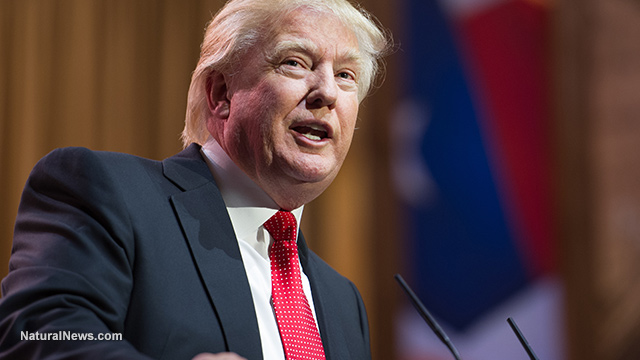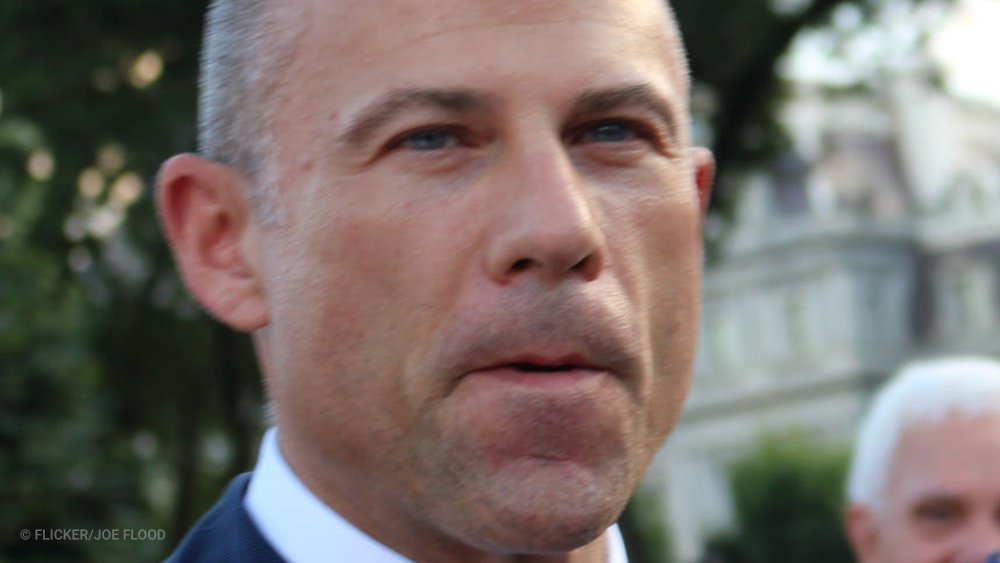Google rewrites algorithm to manually crush independent media because mainstream media’s lies can’t compete with the truth on a level playing field
05/10/2017 / By Jayson Veley

In the interest of combatting the spread of fake news, Google has created a new algorithm that will bury online information the company deems “misleading, false and offensive,” according to Bloomberg. Even though the move doesn’t necessarily eliminate fake news altogether, it will force “low quality” articles further down in the search results, thus making it much more difficult for users to locate.
According to Google, the decision to introduce the new algorithm was sparked by the 2016 presidential election, where the issue of so-called “fake news” was consistently debated on the national stage.
“It was not a large fraction of queries – only about a quarter percent of our traffic – they were the important queries,” explained Ben Gomes, Google’s vice president of engineering for search. “It’s not a problem that is going to go all the way to zero, but we now think we can stay a step ahead of things.”
The most recent victim of Google’s fake news witch hunt has been the website Infowars, run by political radio host Alex Jones. Leaked documents from the Internet search giant reveal that employees were being instructed to rate articles and other posts from Infowars as “low” to “medium” quality, even if the information was entirely accurate.
Google’s rating guide used Infowars as an example of what a website looks like when it has a “poor reputation and conspiratorial bent.” The leaked guide went on to say, “There are a number of controversial, often debunked claims that the site regularly promotes.” Eventually, Google was forced to admit that their suppression of Infowars was a “mistake,” and that they would act fast to correct the problem.
This seems to be the consistent mindset among those who seek to suppress or silence what they consider to be “fake news” – do it until you get caught, and then just simply call it a “mistake” to avoid any further scrutiny or confrontation. But what if it’s not a mistake at all? What if Google really is out to silence right-of-center websites and blog posts?
It’s truly bizarre how companies like Google and pundits within the mainstream media never give a clear-cut definition of the term “fake news.” They are always quick to tell us that we need to act to censor it, but they never seem to go into detail about what specifically is going to be censored. This is because fake news is a subjective term – politically speaking, what is considered to be factual information by conservatives is almost always going to be considered lies or propaganda by the progressive left. Therefore, what we should really be paying attention to are the people behind the push to combat fake news, not just fake news itself.
Sources:
Tagged Under: Algorithm, Censorship, fake news, Google



















